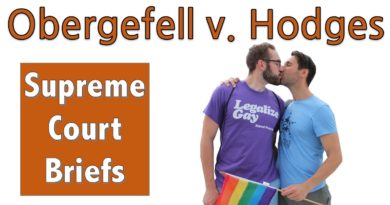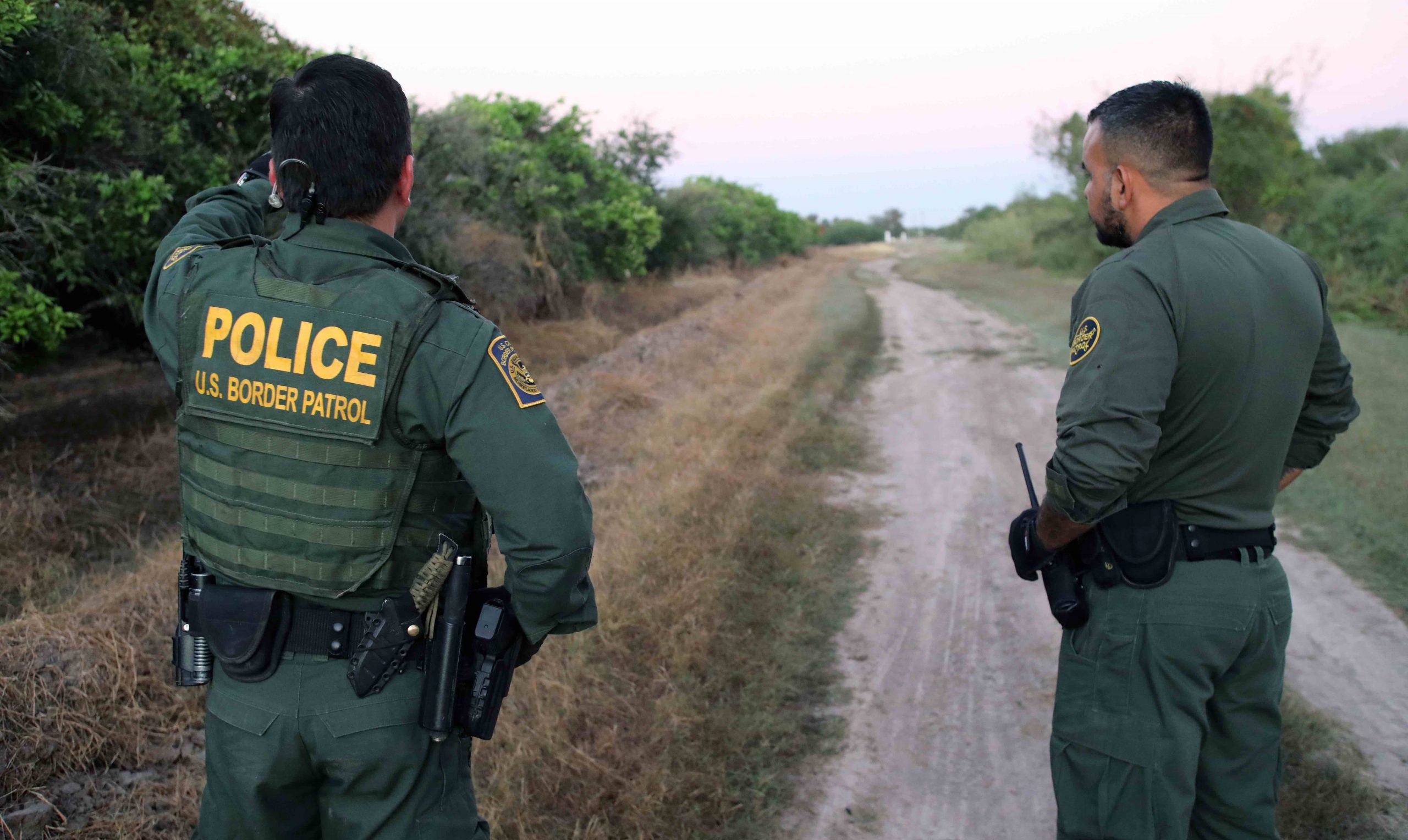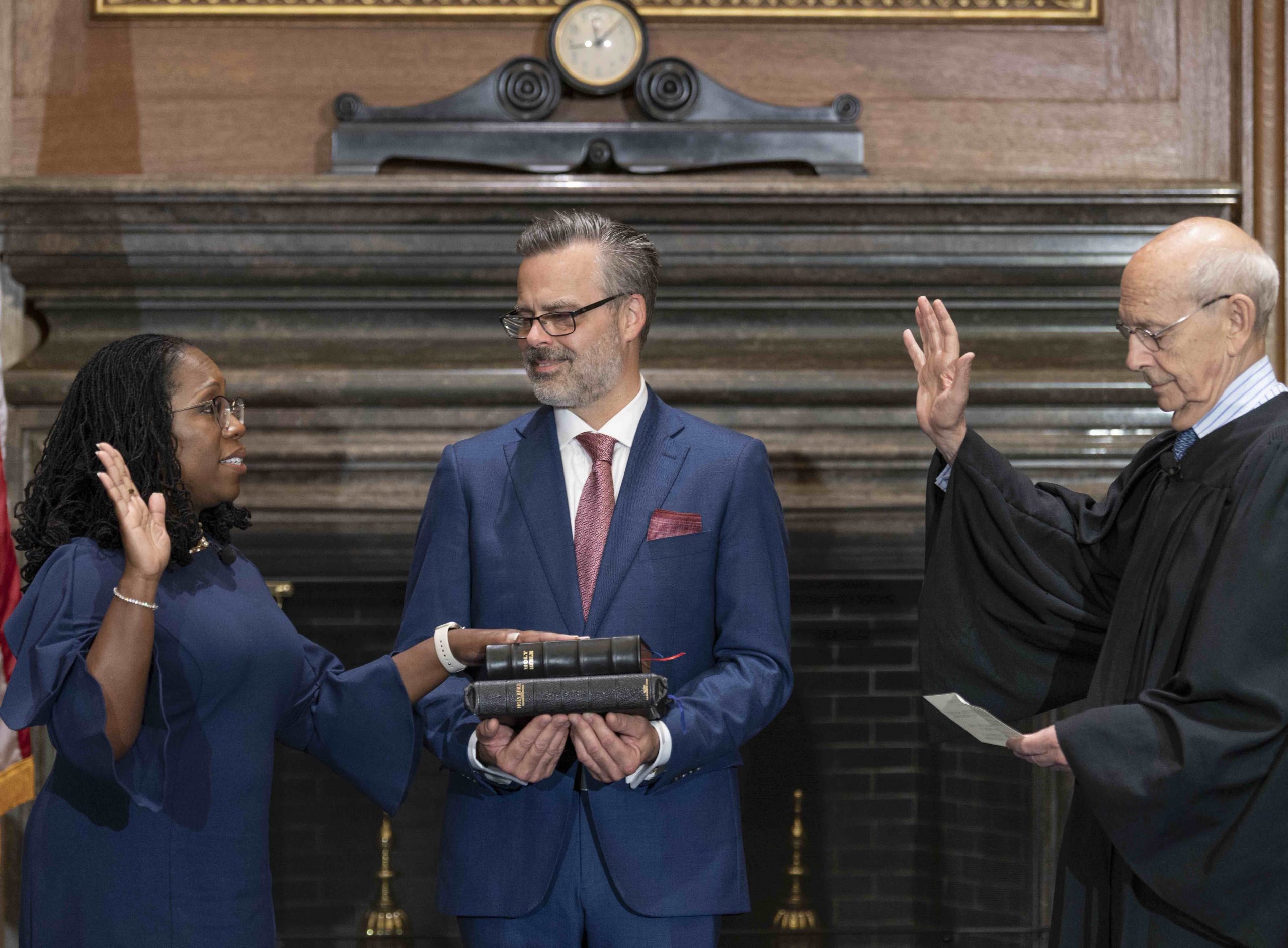New
01
By
The Here The This W The The After The The In Only in-person testimony can satisfy the Sixth Amendment, he insisted, because cross-examining a witness on a video screen deprives jurors of key cues they need to evaluate that witness’s credibility.
The government responded that each witness was “crucial” and that travel would be more than merely inconvenient for them. One The The The The He W W The And in any event, the admission of remote testimony was “harmless” in Won’s case because prosecutors had ample other evidence for conviction, the government reasons.
Burt v. Gordon
24-73
Issue
: Whether the U.S. Court of Appeals for the 6th Circuit improperly denied qualified immunity to prison officials based on their response to the unprecedented COVID-19 global pandemic by defining the relevant law at too high level of generality, and identifying no precedent recognizing a constitutional right under similar circumstances that would have put reasonable officials on notice that their conduct may violate the Constitution given the novel challenge of the pandemic.
Crouch v. Anderson
24-90
Issues
: (1) Whether West Virginia violated the equal protection clause of the 14th Amendment by declining to cover surgical treatments for gender dysphoria; and (2) whether West Virginia violated the Medicaid Act and the Affordable Care Act by declining to cover surgical treatments for gender dysphoria.
Folwell v. Kadel
24-99
Issue
: Whether a state’s decision to decline to provide health benefit coverage for treatments leading to sex changes violates the equal protection clause of the 14th Amendment.
Zuniga-Ayala v. Garland
24-103
Issue
: Whether, under the categorical approach, when a state statute of conviction on its face criminalizes conduct not prohibited by the corresponding federal statute, this mismatch defeats removal under 8 U.S.C. SS 1227(a)(2), or a noncitizen must instead show something more.
Won v. United States24-121
Issue
: Whether the confrontation clause of the Sixth Amendment contains an exception that permits the government to present testimony at a criminal trial by two-way video so long as “exceptional circumstances” are present and admitting such testimony would serve the “interest of justice.”
Catholic Charities Bureau, Inc. v. Wisconsin Labor & Industry Review Commission24-154
Issues
: (1) Whether a state violates the First Amendment’s religion clauses by denying a religious organization an otherwise-available tax exemption because the organization does not meet the state’s criteria for religious behavior; and (2) whether, in addressing federal constitutional challenges, state courts may require proof of unconstitutionality “beyond a reasonable doubt.”






